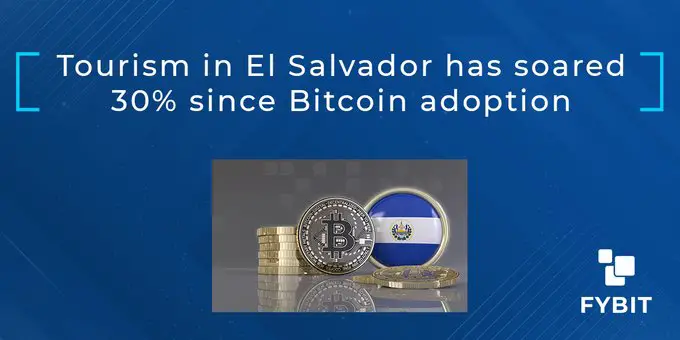NFTs on Ethereum
As a part of the planned upgrade,
all OpenSea users will need to migrate their existing NFT listings to a new smart contract.
OpenSea, one of the most popular nonfungible token (NFT) marketplace, has rolled out an upgrade to its smart contract, a proactive measure to weed out inactive listings on the platform.
As a part of the planned upgrade, all OpenSea users will need to migrate their NFT listings — currently hosted over the Ethereum (ETH) blockchain — to the new smart contract.
According to the OpenSea announcement, the NFT listings created before Feb. 18 will automatically expire within a week by Feb. 25 by 2 PM ET:
“THIS NEW UPGRADE WILL ENSURE OLD, INACTIVE LISTINGS ON ETHEREUM SECURELY EXPIRE AND ALLOW US TO OFFER NEW SAFETY FEATURES IN THE FUTURE.”
Upon successful migration, the NFT listing will show the original date of posting. However, once the deadline is crossed, users will be allowed to relist the delisted NFTs over the new smart contract.
During this phase, OpenSea will not charge gas fees for NFT migration but will invalidate the old Ethereum-based smart contract, effectively expiring the old offers:
“DURING THIS MIGRATION PERIOD, OLD OFFERS ON ITEMS WILL EXPIRE, AND OFFERS MADE ON THE OLD SMART CONTRACT WILL BECOME INVALID.”
OpenSea made most of the early-bird advantage in the NFT space to become the largest marketplace for NFT trades.
Reaffirming the technology’s disruptive financial potential, an Indonesian college student named Sultan Gustaf Al Ghozali became a millionaire by selling NFT versions of his selfies on OpenSea.
As Cointelegraph previously reported, Ghozali took selfies, either sitting or standing in front of his computer, which was later converted into NFTs and uploaded to OpenSea in December 2021. Ghozali’s collection subsequently reached a total trade volume of 317 ETH, equivalent to more than $1 million. NFTs on Ethererum





